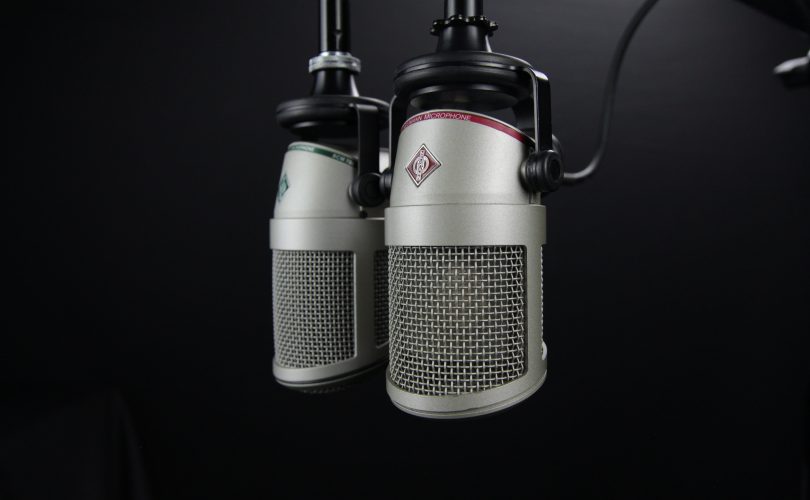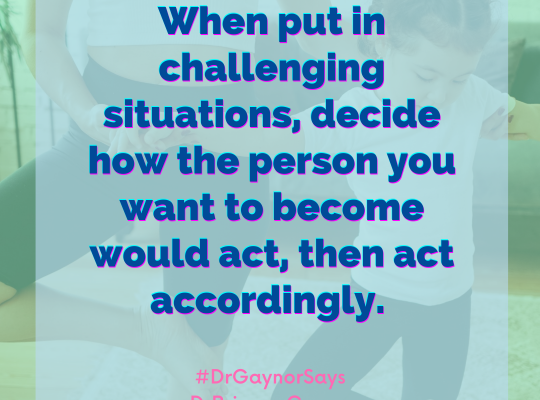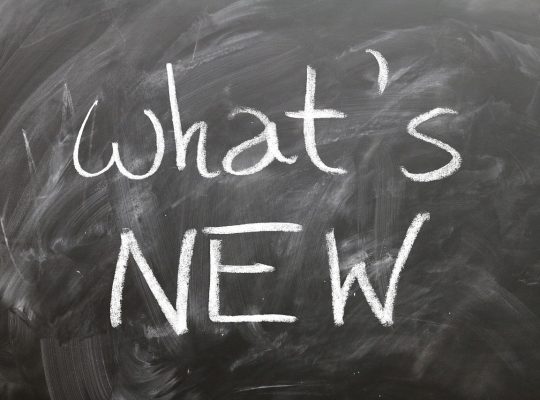I’ve been a podcaster for many years now, and I love it. I’ve learned a lot in that time, so here are some tips to help you create your own podcast:
Choosing equipment
You should also know what to look for in a good microphone, audio interface, microphone stand, pop filter, and shock mount.
What To Look For In A Good Microphone:
- Be aware that the difference between one microphone and the next can be subtle or it can be dramatic. This is mainly due to how they were designed and built. I’ve heard some great-sounding mics that cost $300 but still sound nothing like other less expensive microphones at half their price point or less! You’ll want to compare many different types before deciding which one is best for you.
- Dynamic vs. Condenser refers to how much power it takes to operate them (dynamic = less; condenser = more). Condensers typically have better frequency response than dynamics but need more electricity so they are harder to find battery-powered dynamic mics – which are popular for recording podcasts because they’re often used outdoors where there aren’t any electrical outlets around.
Choosing software
Before you begin recording, it’s important to choose the right software. You don’t want something that’s complicated or hard to use; this will make it more difficult for you and your guests. Some of the things to look for in a piece of recording software include:
- An easy-to-use interface
- Compatibility with your equipment, such as microphones
- The ability to record multiple tracks (for example, one track for the host and one track for the guest)
Choosing a host
Choosing a host is one of the most important decisions you’ll make as a podcaster because it will affect how many people listen to your episodes and how much money you earn from them.
If you’re new to podcasting, start with a free host. There are several good options: SoundCloud, Libsyn, Spreaker, and PodBean all offer free plans for beginners who want to test out their format before committing to anything more permanent. If these four hosts don’t work out for you (or if you decide they’re not what you need), consider upgrading to another paid service such as Blubrry or Buzzsprout.
Simplify your recording process
The recording process can be a bit overwhelming, but it doesn’t have to be. Here are some tips for simplifying the process:
- Use a USB microphone and digital audio recorder. A good USB mic can be had for less than $100, and digital recorders are even cheaper. You’ll need both if you want to produce high-quality audio without spending too much money on equipment.
- Use a headset while recording instead of holding your phone in your hand or placing it on a desk—this will keep your voice consistent across all episodes/episodes in one series without making any noises that might distract listeners from focusing on what they’re hearing! Headphones make this easy since they usually have microphones built right into them so all you need is software like GarageBand (free) or Audacity ($0).
- Find somewhere quiet where there are no distractions like TVs playing loudly or other people talking nearby; then set up all the tools needed for recording before beginning so nothing gets missed during playback later on when editing needs doing! It might also help if whoever else is around knows not to interfere with whatever’s going on at that moment either…
Have a pre-launch plan
When it comes to podcasting, planning is key. Pre-episode planning can help you save time, money and stress in the long run.
For example, suppose you create a pre-launch plan that allows for adequate time to record and edit each episode. In that case, it’s less likely that you’ll run into last-minute issues like technical difficulties or not enough content (or even worse—too much!).
Even if your main goal is to share your story with the world, having a strategic plan will help keep things running smoothly so that you can stay focused on what’s important: creating great content!
Use a consistent template and format for each episode of the podcast
- Use a consistent template and format for each episode of the podcast.
This is extremely important, because it will help you to stay organized, and it will also help your listeners know what to expect when they tune in. This structure can serve as a blueprint for organizing other aspects of your podcast, such as the order in which you talk about certain topics or how many guests you have on each week. Having that information written down and available is much better than relying on your memory!
Edit your episodes until they’re polished.
Editing is one of the most important tasks for podcasters, but it’s sometimes overlooked or given less attention than it deserves.
It’s not something that can be done quickly and easily. It takes time to learn how to edit well—and even then, you’ll likely make mistakes from time to time. But there are some simple rules that all podcast editors should follow:
- Editing should happen before you publish your episode
- If possible, edit by yourself; if not possible (or affordable), use a professional editor
Have guests on your podcast.
Guests are the best way to build trust with your audience. They bring with them their own audiences and will help you reach new listeners. Guests can also help you build authority, so if you’re looking to get more downloads on your podcast, having a guest on is a great way of doing this.
Guests can be used to create a community around your show too. You can bring people together for live shows or invite them into pre-recorded episodes as co-hosts or special guests. By having guests on your show, who already have communities built around them, it helps to grow those communities through the power of synergy! There are lots of ways in which guests could benefit both podcasters and listeners alike – but let’s look at some specific examples:
Get guests to share on social media.
I can’t stress the importance of having guests share on social media.
It’s all about building buzz. The more people who see your episodes and engage with them, the better your chance of reaching a wider audience.
I recommend asking each guest to share their episode on social media a few days before it goes live—this will help spread the word about your podcast and increase its reach. To make it even easier for them, use a tool like Buzzsumo to find out which content in your niche has been most shared and then ask them to write or tweet something using that information as inspiration (e.g., “I love [thing] I learned from today!”).
Creating a podcast is an excellent way to get in front of new audiences, network, and build authority as an expert in your area
Podcasting is a great way to get in front of new audiences, network, and build authority as an expert in your area.
Podcasting can be a great way to build your own brand. You can use podcasting to establish yourself as an authority in your industry and build trust with your audience. It’s not just about getting people to listen to your podcast but also about how you present yourself as a person. Your audience wants to know who you are as a person and what drives you, so they can connect with you on a deeper level.
Conclusion
Now that you know what equipment to use, what software to choose, and how to record your podcast in the most efficient way possible, it’s time to take action! The best place to start is by coming up with a plan and then putting that plan into practice.






